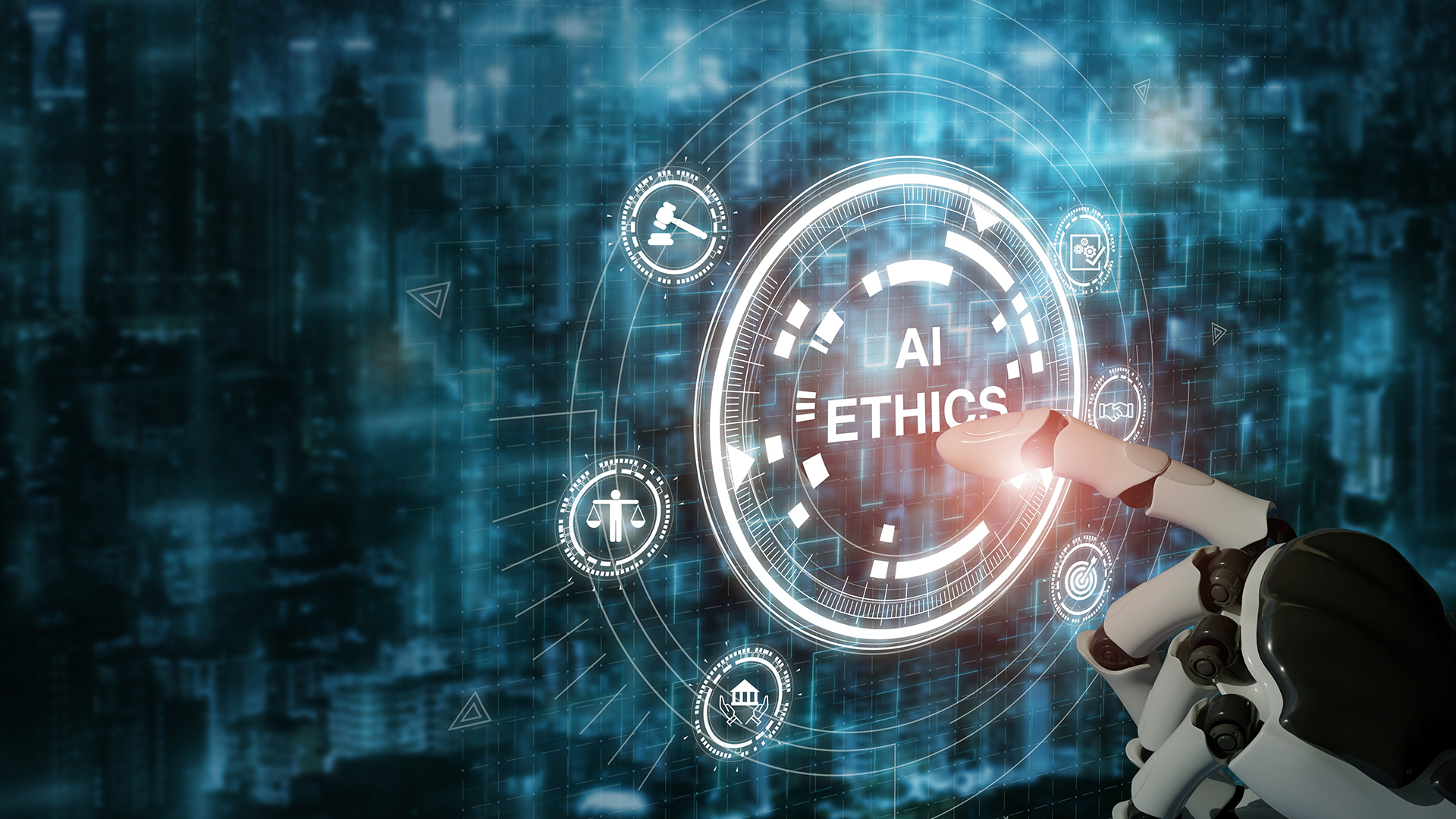
AI-Powered Robots Take Over Healthcare: Exploring the Benefits and Ethical ImplicationsAI-Powered Robots Take Over Healthcare: Exploring the Benefits and Ethical Implications The advent of artificial intelligence (AI) is rapidly transforming the healthcare industry. AI-powered robots are poised to revolutionize healthcare delivery, promising numerous benefits while also raising ethical concerns that require careful consideration. Benefits of AI-Powered Robots in Healthcare * Enhanced Diagnosis and Treatment: AI algorithms can analyze vast amounts of medical data to identify patterns and diagnose diseases with greater accuracy and speed. Robots can also perform surgeries with precision and dexterity, reducing patient recovery time. * Personalized Care: AI-powered robots can tailor treatment plans to individual patients’ needs, based on their medical history, genetic data, and lifestyle factors. This can improve treatment effectiveness and reduce the risk of adverse events. * Increased Accessibility: Robots can be deployed to remote areas or understaffed hospitals, providing access to quality healthcare for those who may not otherwise have it. * Improved Patient Experience: Robots can provide companionship, assistance, and guidance, reducing patient anxiety and improving their overall healthcare experience. * Reduced Healthcare Costs: AI-powered robots can perform tasks that are currently performed by human healthcare professionals, potentially freeing up healthcare providers for more complex responsibilities. This could lead to reduced healthcare expenses in the long run. Ethical Implications of AI-Powered Robots in Healthcare * Job Displacement: As AI-powered robots become more sophisticated, they may displace certain healthcare jobs, particularly in areas such as data analysis and surgery. This raises concerns about unemployment and the future of the healthcare workforce. * Autonomy vs. Human Decision-Making: The extent to which AI-powered robots should be allowed to make independent decisions in healthcare settings is a complex ethical issue. While robots can provide valuable insights, it is essential to maintain human oversight and ensure that ethical considerations are prioritized. * Data Privacy and Security: AI-powered robots collect and store vast amounts of patient data. This raises concerns about data privacy and security, as well as the potential misuse of such information. * Bias and Fairness: AI algorithms can perpetuate existing biases in healthcare if the data they are trained on is biased. This can lead to inequitable access to healthcare services and adverse outcomes for certain patient populations. * Patient Trust and Acceptance: The introduction of AI-powered robots into healthcare may raise concerns about patient trust and acceptance. It is important to educate patients about the benefits and limitations of these technologies and ensure that they have a say in their care. Conclusion AI-powered robots have the potential to revolutionize healthcare delivery, offering significant benefits such as enhanced diagnosis, personalized care, and increased accessibility. However, it is crucial to address the ethical implications and concerns associated with these technologies. By carefully considering the benefits and risks, policymakers, healthcare professionals, and the general public can ensure that AI-powered robots are used in a responsible and ethical manner, leading to a better future for healthcare.
Posted inNews